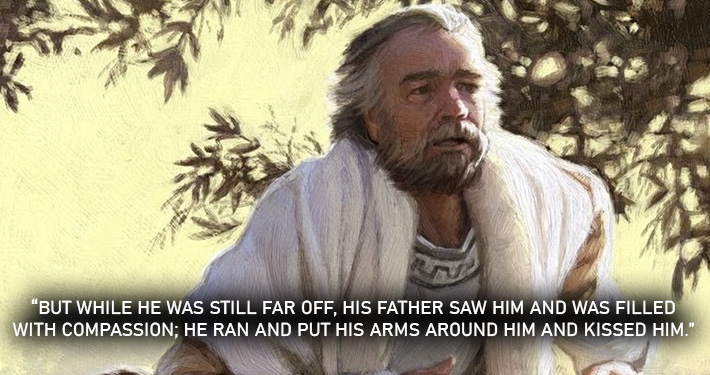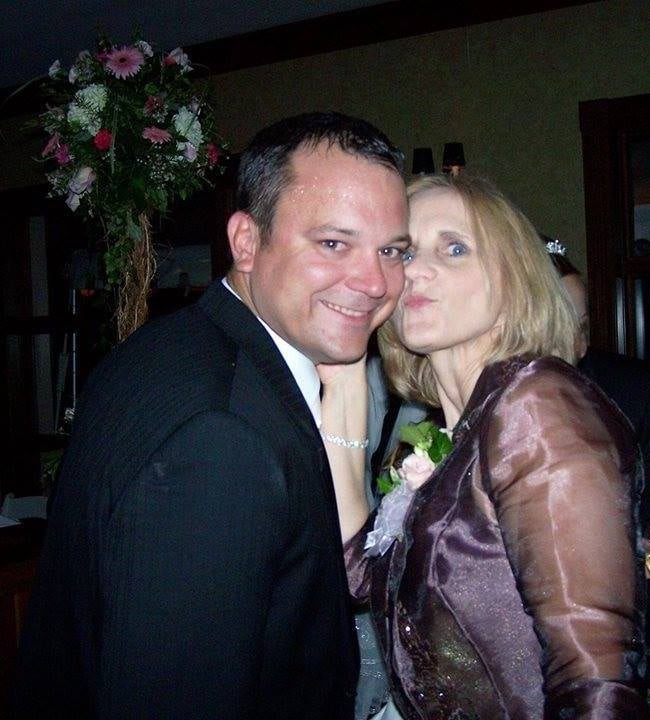If you are like me, you have never taken time to find the true meaning of the word prodigal. One of the most well-known parables in scripture is found in Luke fifteen, and it is usually referred to as the prodigal son. I thought that was to be interpreted the sinful son. Actually, the word prodigal means wastefully extravagant, over-the-top extravagant.
Let’s take a close look at the father in the story. Isn’t he also a prodigal?
When the son comes to his senses and begins the journey back to his father, we see just how prodigal the father is. If we could see the conversation the son is rehearsing, I feel sure we would hear something like this: “Hi, Father. It is I, your younger son. Just hear me out. I have been a fool. I lost everything you gave me. I am not going to lie. I wasted it while living a foolish life. Now, I cannot even afford a piece of bread. I am not asking you to give me anything but a job. I will take the hardest, dirtiest job. I will start at the bottom. I am very experienced at pig feeding. I ask your forgiveness, and I am prepared to work for it.”
Most likely the son thought he would be walking up to the house before he would see his father. As he turns down the last dusty trail that leads to his father’s house, he sees someone coming in the distance. As he gets closer, he recognizes it as his father. Did the son wonder if the father was coming to tell him to go back where he came from? “Do not set foot in my fields! You are a disgrace and an embarrassment!”
As he gets closer, he sees tears streaming down his father’s face. He sees white shining teeth as the father breaks into an enormous smile. He embraces the lost son. He rejoices, “You have come home. I have longed for this moment.”
The father turns around and shouts to his servant, “Quick! Bring him one of my best robes. Put a ring on his finger. He needs a new pair of sandals.” The father sees the son looking like a new creation after being clothed in the garments given by the father.
The father shouts again. “Quick! Go pick out a fatted calf and cook it with all the trimmings. We are going to celebrate that my son was dead but now is alive. My son was lost but is now found!”
The son is standing there and cannot believe the lavish, extravagant grace of his father. After all the wallowing in the mud of the world, the father did not disown him. The father hugged him, then cleaned him up the way only his father could. He restored him to his place in the father’s house.
Lavish grace. Extraordinary grace. Prodigal grace.
Those listening to Jesus tell this story would have been shocked. How could you allow that disrespectful son to come back? How could you allow him to sit at your table after what he has done? What wasted grace!
I have asked that question about myself. How could You allow me back at Your table after what I have done? The answer is that God is a prodigal father who gives lavish grace. Some probably think it is wasted on the wrong people. The Father never thinks that. He gives lavish grace! Grace that is greater than all my sin.
The prodigal Father has a beautifully generous heart. He runs to meet us when we head towards him. There is great rejoicing over each person who repents. It is Father’s favorite celebration! He throws a party when a son or daughter comes home.
Won’t you come home today? You are not too dirty. You have not gone too far. The Father is already running down the road to meet you. He offers over-the-top grace. The prodigal Father awaits you. Come on home.
“For you are recognizing more clearly the grace of our Lord Jesus Christ [His astonishing kindness, His generosity, His gracious favor], that though He was rich, yet for your sake He became poor, so that by His poverty you might become rich (abundantly blessed). – 2 Corinthians 8:9 AMP










